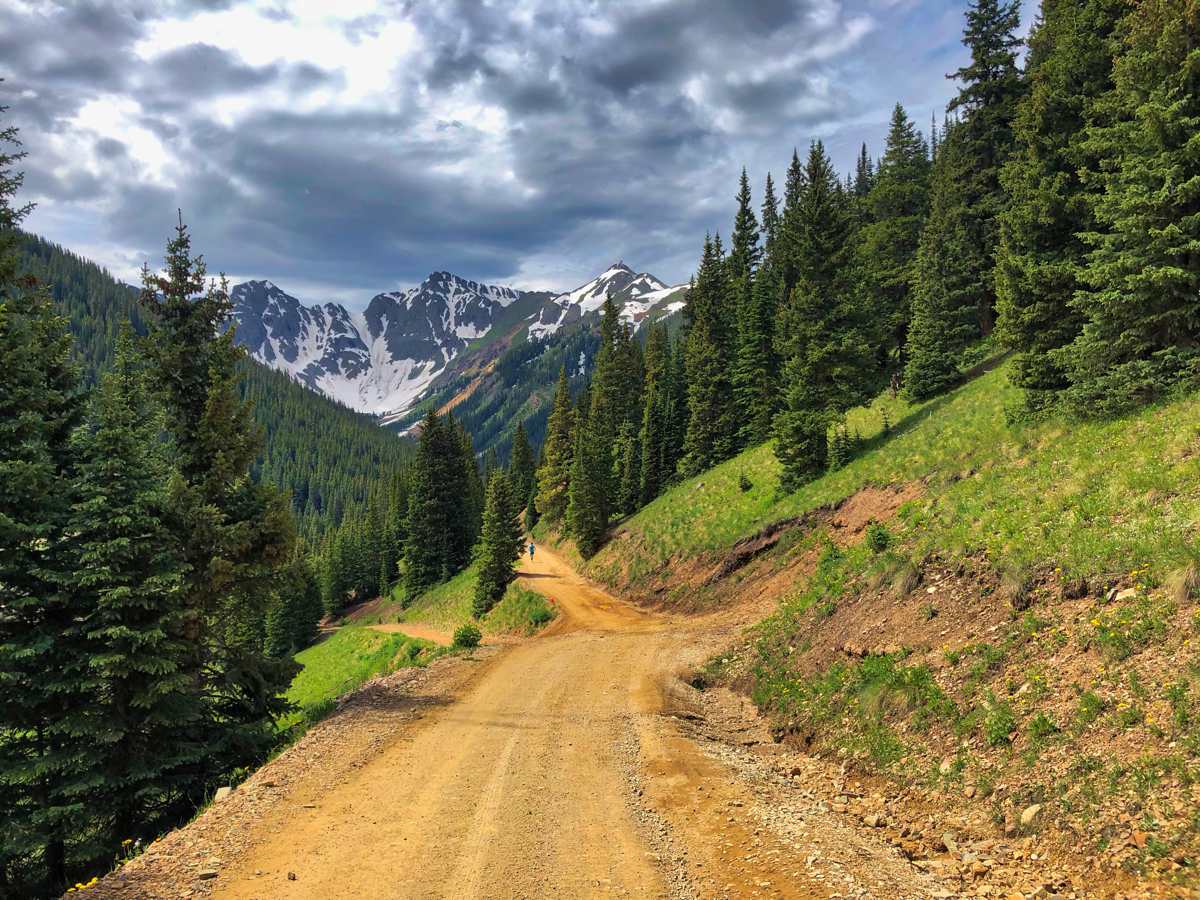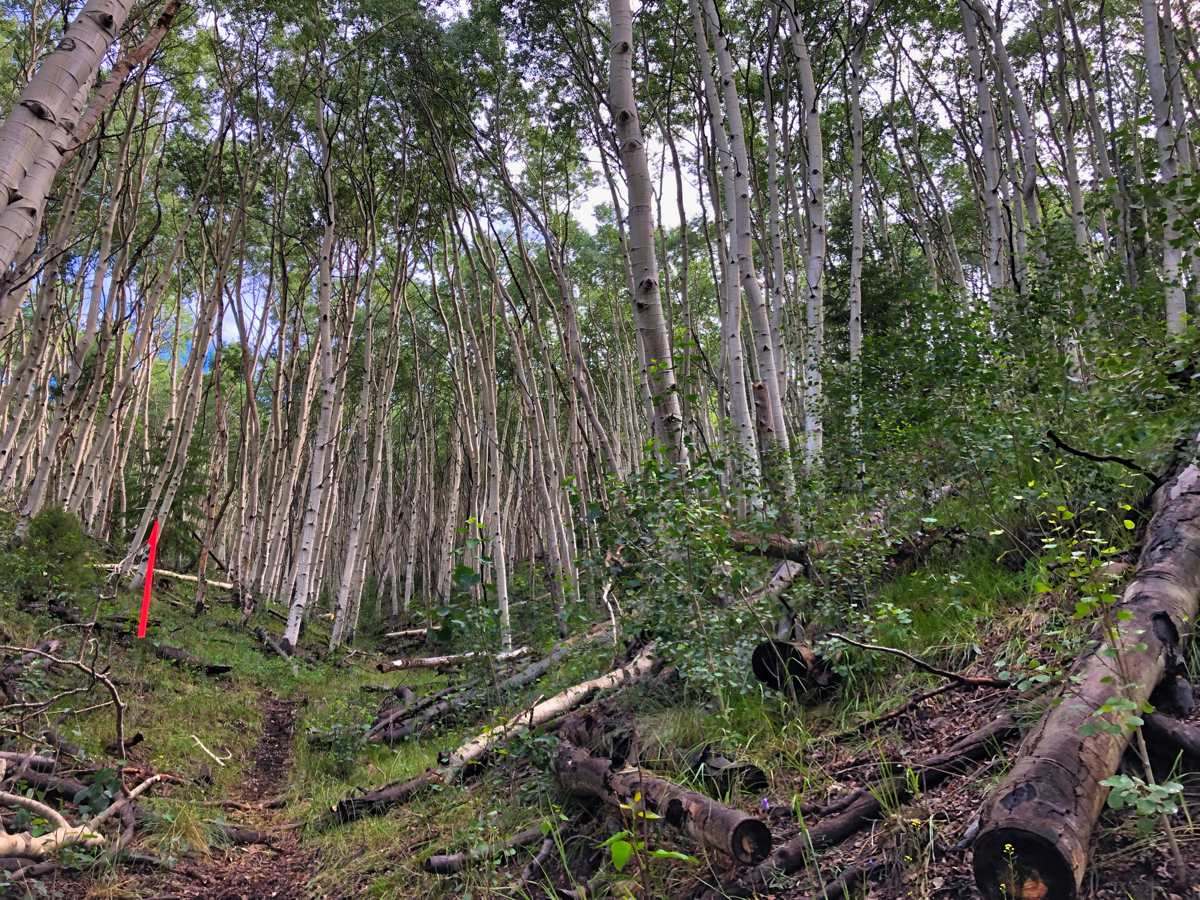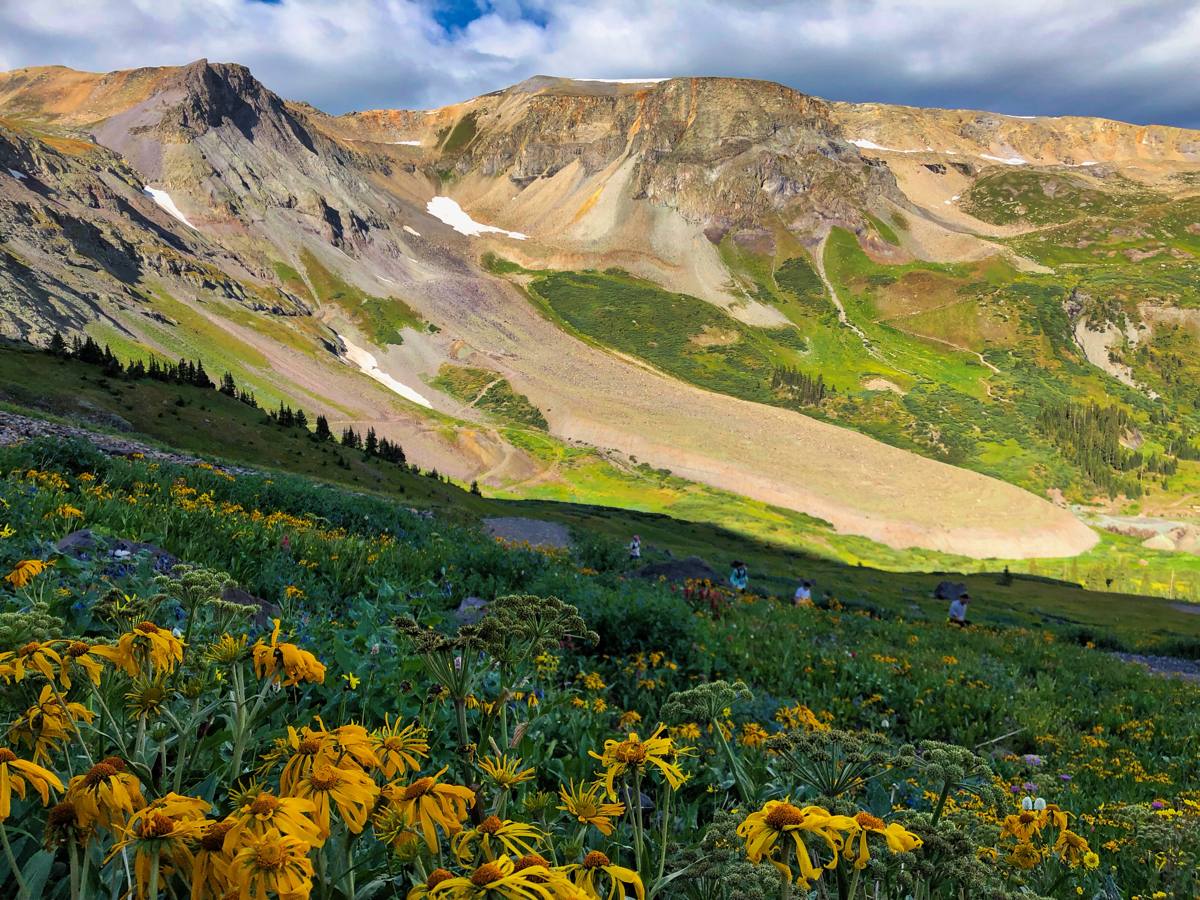Without a doubt, this website and my own running goals tend toward ultramarathon-distance efforts. Indeed, my three major running goals so far this year–the White Mountains 100 Mile, Hardrock 100, and Ultra Gobi–were all 100 miles or longer. However, life’s realities and two race cancellations took these goals off my list. In their stead, I lined up for three races so far this year, none of which was nominally an ultra… and it’s been great! I’ve enjoyed the heck out of each and every one of them and would encourage you to think about signing up for one or a few this autumn or as you consider your 2020 racing schedule. So, what’s to be gained in signing up for shorter races? Tons! They’re fun, exciting, and challenging.
When I think of running well at an ultra, I think of patience, prudence, efficiency, and the like. I aim to be a diesel train rather than a rally car. Ah, but as you drop below a marathon and cut down even further, oh, what fun can be had sprinting through serpentine singletrack or bombing breakneck down a bouldery hillside. To hell with energy maintenance and muscle preservation, go for it from the gun!

Running toward Velocity Basin during the 2019 Silverton Alpine Marathon. All photos: iRunFar/Bryon Powell
At least for me, I find that pre-race nerves are inversely proportional to race distance. In all honesty, I doubt I’ll ever be as nervous before a race as I was before 200-meter races during college. More recently, I’m cool as ice before Hardrock or Ultra Gobi, while my heart’s all aflutter with expectation ahead of a five-mile fell race or the 17-mile Imogene Pass Run. Why? In part, it’s fear of the intensity and discomfort that will follow. There’s a bit more necessity to get it right from go and keep it that way. When embraced, these nerves aren’t a bad thing at all, especially as those nerves are accompanied by the giddy excitement that precedes, accompanies, and follows the sort of fun described above.
There’s also the challenge of a shorter race. Whether it’s a half-hour-long cross-country race or a three-hour mountain race, there’s far more intensity in racing distances less than an ultra. Your heart’s pumping, your lungs are gasping, and your legs are cranking. Any of those systems could fail, whether you’ve been training for these shorter efforts for years or jumping in a shorter race amidst an ultramarathon training cycle. It’s easy enough to think that ultramarathons are harder than shorter races, but I’d disagree. Certainly, from the front of the pack to the back, there’s an increased chance of not finishing an ultra as compared to a shorter race, but every race is as hard and as big of a challenge as you want to make it. In more than a quarter century of racing, I’ve personally never found a race subjectively harder than running 800 meters while well trained for it. Ouch!
I could write of the numerous fitness benefits of training for and racing shorter events, but iRunFar has other columnists who expertly tackle that topic, and, more importantly, these benefits have no part in me suggesting that you (and I) sign up for something shorter going forward. However, in the form of a short-term anecdote, I can report that this past weekend’s race effort had me managing my calves on the climb, holding my hammies back from the brink of failure on the more runnable sections of the descent, and I’m still feeling my sore quads three days after the race, so there’s at least a good all-around muscle workout involved in such efforts.
One thing that ultras excel at are in making memories. They’re practically memory factories, and that’s a big factor in favor of them. However, I walked away from my three races this year with plenty of memories, as I do with nearly all of my shorter races. I kicked my season off at the Silverton Alpine Marathon in mid-July and won’t soon forget descending from Hurricane Pass to Gladstone quickly enough to leave silver-dollar-sized blisters on both heels. Oh, and it was beyond beautiful running a loop around the heart of the San Juan Mountains. A few weeks later, I toed the line at the Middle Creek Flyathlon, an amazing amalgamation of trail running and fly fishing. I’ve still got crystal-clear mental views of being chased up WTF Hill in pursuit of the whiskey prime, crashing hard coming into the mid-race checkpoint, and racing off after getting swarmed by wasps after catching a handful of brook trout. Fast forward to last weekend, and I’ll look back smiling at the synchronicity and support of racing Brandy Erholtz ‘bolo style’–that is always close together but always passing one another–basically from start to finish. What a blast.
I hope this piece will serve as a reminder to myself that in looking ahead to 2020, I’ll remember to include some of these heart-pounding, leg-busting ‘sprints’ from the outset, and that you might, too!
Call for Comments
- Do you enjoy mixing shorter races among your longer efforts?
- What are your favorite sub-ultra-distance races?
- What are your favorite aspects of and memories from non-ultra races?


